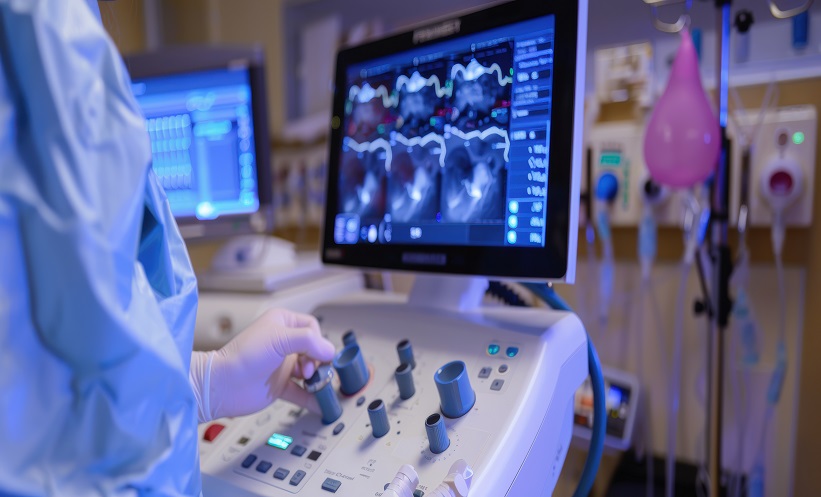A new artificial intelligence (AI) screening model has demonstrated unprecedented accuracy in distinguishing cardiac amyloidosis (CA) from other heart conditions that mimic its appearance on echocardiography, according to a large, multi-center study.
CA, a rare but serious disease characterized by the build-up of abnormal proteins in the heart muscle, often presents symptoms and imaging features similar to other forms of heart failure, making early and accurate diagnosis difficult. Researchers across 18 international sites collaborated to evaluate a deep learning algorithm trained to recognize CA using routine transthoracic echocardiograms—specifically, the apical four-chamber view.
Study Overview
The study analyzed echocardiographic video data from 2,612 participants, half of whom had confirmed CA. The algorithm, built on a convolutional neural network architecture, was trained on this multisite, multiethnic dataset before being validated in an external cohort comprising 597 CA cases and 2,122 controls.
Strong Diagnostic Performance
After filtering out uncertain predictions (13% of cases), the AI model demonstrated outstanding diagnostic performance, achieving an area under the receiver operating characteristic curve (AUROC) of 0.93. Sensitivity reached 85%, and specificity was 93%, consistent across different CA subtypes—light-chain, wild-type transthyretin, and hereditary transthyretin forms.
Subgroup analyses confirmed the model’s robustness. Among patients referred for technetium pyrophosphate scintigraphy, a common diagnostic test for CA, the algorithm achieved an AUROC of 0.86. In groups matched for age, sex, and wall thickness, its performance remained high (AUROC 0.92). Notably, the AI approach outperformed traditional diagnostic metrics such as the transthyretin CA score (AUROC 0.73) and the increased wall thickness score (AUROC 0.80) used in patients with heart failure and preserved ejection fraction.
Implications for Early Detection
Researchers concluded that the AI tool could serve as a rapid, non-invasive screening aid using only one standard echocardiographic view. This advancement could dramatically streamline identification of cardiac amyloidosis, enabling earlier intervention and potentially improving survival outcomes for affected patients.
Reference
Slivnick JA et al. Cardiac amyloidosis detection from a single echocardiographic video clip: a novel artificial intelligence-based screening tool. European Heart Journal. 2025;46(40):4090-101.








